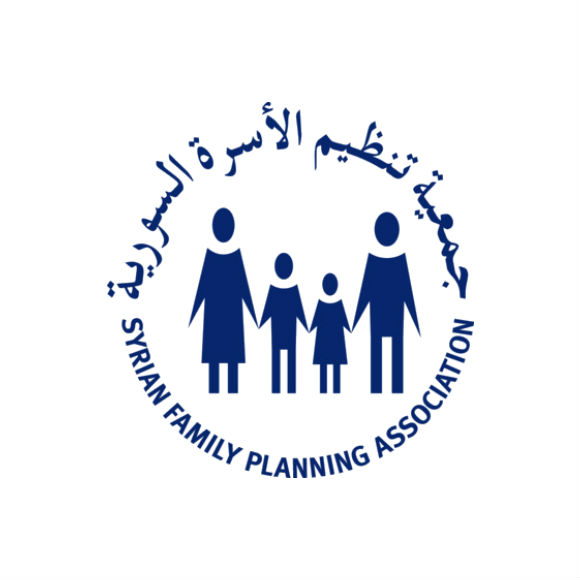

| 31 March 2016
Syrian Family Planning Association
The Syrian Family Planning Association (SFPA) is the leading agency promoting awareness of family planning and delivering services to the community in Syria which, as international indices show, faces a number of major sexual and reproductive health (SRH) challenges ,including GBV in particular . SFPA's priority is to deliver high quality, extensive SRH services via its network of 17 static clinics, 3 mobile unit, and 3 associated agencies. A number of these are run in conjunction with the Ministry of Health and the other related government and non government agencies. The Syrian community has historically had limited awareness of family planning, and limited awareness of the personal and economic health benefits achievable through planned spacing of births. Much of SFPA's work to date has involved information, education and communication (IEC) work and advocacy at all levels to create greater understanding and a more favorable environment towards the idea of family planning. With basic knowledge of modern contraception now common (shared by about 94% of women of reproductive age), SFPA is beginning to develop a whole new range of programmes which will enable women and young people (in particular) to make informed (and economically beneficial) choices about their own SRH and fertility. SFPA's Facebook page: https://www.facebook.com/syrianfamilyplanningassociation

| 31 March 2016
Korean Family Planning & Maternal Child Health Association of DPRK
The Democratic People’s Republic of Korea (DPRK): Family Health Association of Korea (FHAK) formerly Korean Family Planning & Maternal and Child Health Association (KFP&MCHA) was established in 1990. Family Health Association of Korea is actively supported by the government to diversify family planning services and to improve their quality. One of the major challenges is geographic inequality. 80% of the country’s land mass is mountainous, with mining constituting a major industry. Large numbers of people live in this area, working in coal and mineral mines and forest stations. Fertility rates are much higher than in large urban areas, the contraceptive prevalence rate is much lower, and the number of trained family planning advisers is limited. FHAK has targeted these people with reproductive healthcare and information, education and communication (IEC) programmes. Contraceptive prevalence has increased, and the method mix has shifted significantly from IUD to pills, condoms and sterilization. In 2010, FHAKdelivered 538,000 condoms and 138,000 sexual and reproductive health services through 17 service points, including 9 permanent clinics and 8 mobile facilities. The Democratic People’s Republic of Korea (DPRK): Family Health Association of Korea (FHAK) is actively supported by the government to diversify family planning services and to improve their quality. One of the major challenges is geographic inequality. 80% of the country’s land mass is mountainous, with mining constituting a major industry. Large numbers of people live in this area, working in coal and mineral mines and forest stations. Fertility rates are much higher than in large urban areas, the contraceptive prevalence rate is much lower, and the number of trained family planning advisers is limited. FHAK has targeted these people with reproductive healthcare and information, education and communication (IEC) programmes. Contraceptive prevalence has increased, and the method mix has shifted significantly from IUD to pills, condoms and sterilization. In 2010, FHAK delivered 538,000 condoms and 138,000 sexual and reproductive health services through 17 service points, including 9 permanent clinics and 8 mobile facilities.







